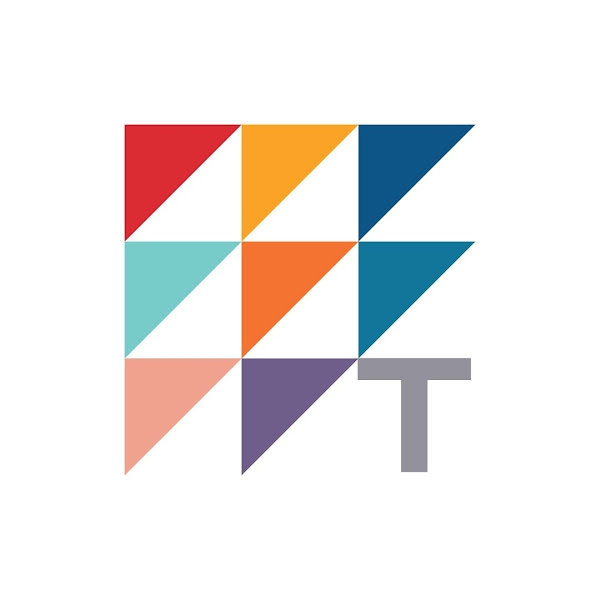In the Film and Television Production program, students receive hands-on experience on a variety of projects, including short films, web series, television broadcasts, commercials and much more!

In the Film and Television Production program, students receive hands-on experience on a variety of projects, including short films, web series, television broadcasts, commercials and much more!
They also have the opportunity to use different types of equipment, including various professional video cameras (everything from HD to 4K), sound recording equipment, lighting setups, television broadcast consoles, “green screens,” as well as the latest video post-production and editing software programs.
Trebas Institute Quebec Inc. faculty is made up of passionate professionals with extensive experience and is constantly updating course materials to keep students at the cutting edge of the industry.
Overview Of Term 1
In the initial term, you will learn the creative process related to screenwriting and explore the techniques and tradecrafts used to write film scripts and develop engaging stories.
You will also focus on camera and lighting fundamentals (e.g. camera movements, notions of framing and composition, lighting for multiple subjects, etc.), the techniques and thought processes used by the pros for a scene recreation project, as well as the foundations of sound recording and mixing in the context of film and video projects (e.g. the physics of sound, equipment used, the roles of the sound recordist and boom operator, etc.).
Overview Of Term 2
Your second term will be dedicated to digital video editing (e.g. an introduction to industry-standard editing software programs, understanding concepts related to mood and transitions, working with dialogue and audio, etc.), how to work in a television control room and the various systems for recording and broadcasting TV picture and sound (e.g. switching, editing, etc.), advanced cinematography concepts (e.g. differentiating video technology, developing a technical and artistic approach in framing and lighting, etc.) as well as the roles and responsibilities of the director of a film/video production.
Overview Of Term 3
Your final term will look at semiology, by analyzing the role of the framing, editing and sound as a form of communication, the film industry (e.g. its key players, the flow of money, contracts, etc.), web series production through producing an entire online show from A to Z (e.g. scriptwriting, budgeting, directing, distribution, etc.) as well as post-production for film by applying the theory and practice learned in previous courses (e.g. assembling, colour grading, sound design, titling, etc.).
Skills And Competencies
By the time you complete the program, you’ll have developed skills in the following areas:
Career Outlook
Our graduates pursue successful careers in the following roles:
We are dedicated to training the talent of tomorrow.
We offer a vast portfolio in the areas of music, film, business and technology, as well as management programs. As a private career college, our promise is to teach innovative courses which give students a competitive edge in their chosen industry and we are constantly expanding our program portfolio to match the ever-changing demands of today’s marketplace.
With Trebas Institute Quebec Inc. or Trebas Institute Ontario Inc., you can be sure to be receiving the most up-to-date curriculum and are therefore ready to thrive in today’s job market. With the combination of expert instructors and state-of-the-art equipment, our students are truly prepared to leave their mark in their chosen field.
Don’t just take our word for it. Many of our alumni have gone on to win notable awards, among them Grammy’s, and work for some of the biggest name including Virgin EMI Canada and Universal Music Group.
© 2025 coursetakers.com All Rights Reserved. Terms and Conditions of use | Privacy Policy